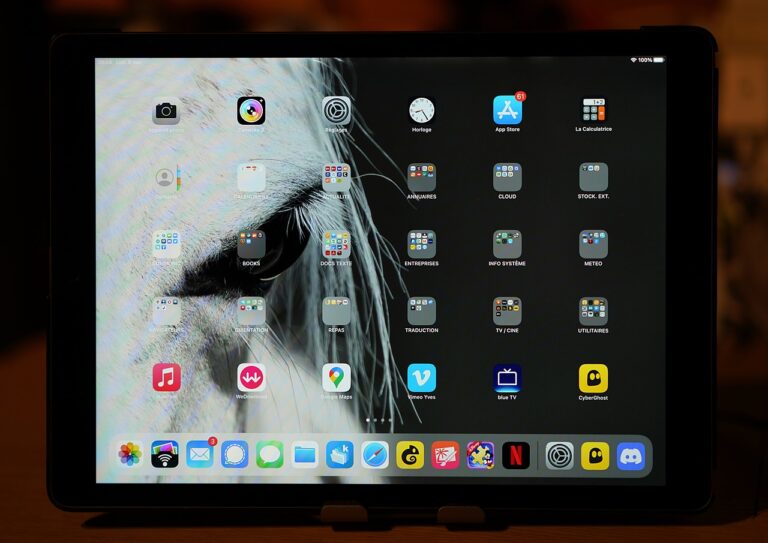The Role of Blockchain in Digital Rights Management
Blockchain technology has emerged as a revolutionary tool in the field of digital rights management, offering unparalleled security and transparency. By utilizing decentralized digital ledgers, blockchain enables the authentication and protection of digital content, ensuring that creators’ intellectual property rights are safeguarded at all times.
One of the key advantages of blockchain in digital rights management is its ability to establish a tamper-proof record of ownership. Through the use of cryptographic hash functions, blockchain creates a permanent and immutable trail of transactions, allowing content creators to prove ownership and track the usage of their digital assets with precision and reliability.
Enhancing Security and Transparency in Copyright Protection
The emergence of blockchain technology has paved the way for a more secure and transparent approach to copyright protection in the digital world. By utilizing blockchain’s decentralized and immutable nature, creators now have the ability to securely timestamp and authenticate their work, providing a clear proof of ownership. This not only eliminates the need for intermediaries but also reduces the risk of intellectual property theft and unauthorized use.
Furthermore, the transparency offered by blockchain technology ensures that all transactions and modifications related to copyrighted content are recorded on a public ledger. This unprecedented level of transparency enables stakeholders to track the movement of digital assets, monitor licensing agreements, and enforce copyright infringement more efficiently. Ultimately, blockchain technology is revolutionizing the way copyright protection is managed, offering creators an innovative solution to safeguard their intellectual property in the digital age.
Decentralized Distribution of Digital Content
Blockchain technology has revolutionized the way digital content is distributed by providing a decentralized and transparent platform. Through blockchain, content creators can directly share their work with their audience without intermediaries, ensuring a fair distribution of profits and ownership rights. This peer-to-peer network allows for secure transactions and authenticates the ownership of digital content, thereby reducing the risks of piracy and unauthorized distribution.
Moreover, blockchain technology enables content creators to establish smart contracts that automatically execute payment terms when specific conditions are met. This feature streamlines the payment process and ensures that creators receive their fair share of revenue promptly, eliminating delays and uncertainties in the traditional distribution model. By embracing decentralized distribution of digital content powered by blockchain, the digital ecosystem is moving towards a more secure, transparent, and efficient platform for creators and consumers alike.





